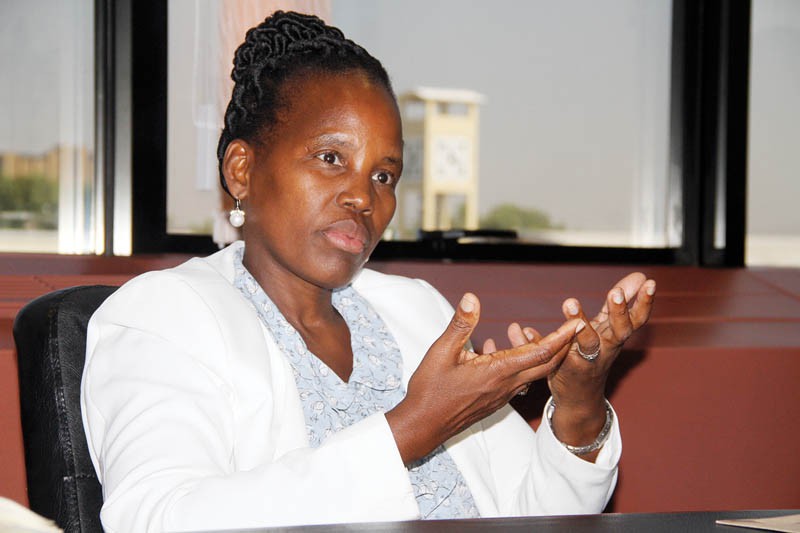Teachers� Unions wary of looming BEC Act
Baboki Kayawe | Friday September 4, 2015 14:40


Government is taking the bill amending the Act to Parliament in November.
The existing law places the responsibility for invigilation on the BEC, not on the teachers.
“We are yet to meet with the Botswana Teachers Union (BTU) to discuss the matter further and decide whom to seek legal opinion from,” the secretary general of the Botswana Sectors of Educators Trade Union (BOSETU), Tobokani Rari, said. “The minister wants to use something legally wrong to circumvent a legally correct judgement.”
In 2009, a High Court judge, Justice Mpaphi Phumaphi, ruled in a case between the then director of the Teaching Service Management and teachers movements that teachers were not obliged to invigilate external examinations, as it was the mandate of the BEC.
The unions contend that government’s move, as reflected in the bill that was published on August 21 this year, is legally wrong, as Parliament tasked BEC with carrying those tasks as pronounced by Justice Phumaphi following a dispute on whether invigilation and coursework were duties of the council or the Ministry of Education and Skills Development.
Further, the unions are questioning a proposed insertion to the Act that defines BEC workers as employed by government, though the council is a parastatal.
Rari said the purpose of this should be understood that when teachers go to BEC, they would be treated as its employees and thereby pronouncing invigilation and course administration teaching duties.
“Wea feel that workers at BEC are not employed by government They are working for a parastatal, hence their conditions of service cannot be equated to those of the public servants,” he added. “This shows how desperate the minister is to make teachers work for BEC -- and in the process has overlooked critical points of law.”
Since Unity Dow became the education minister, he said, a disturbing trend is emerging through which issues are solved through the courts, a situation that does not always work because it replaces dialogue.
The unions are contending the insertion of ‘examination centre’, defined as a school, college, educational establishment or institution registered and accredited by the council for entry and registration of candidates to be examined by the council under this Act.Once this bill becomes law, invigilation and course work would fall in the hands of teachers .
“… the responsibility for invigilation or supervision of coursework or examination arising or relating to all examinable subjects offered in an examination centre, shall remain the responsibility of such examination centre, ” the bill said.
The proposed amendment says alternative members, who include a representative of a teachers’ organisation, would be subject to appointment by the minister if “satisfied that such persons meet the requirements for qualifications for members”.
Rari said unions suspect that this was intended to abolish union representation in the council, which currently is done on a rotational basis between BOSETU and BTU presidents -- without necessarily considering qualifications.
